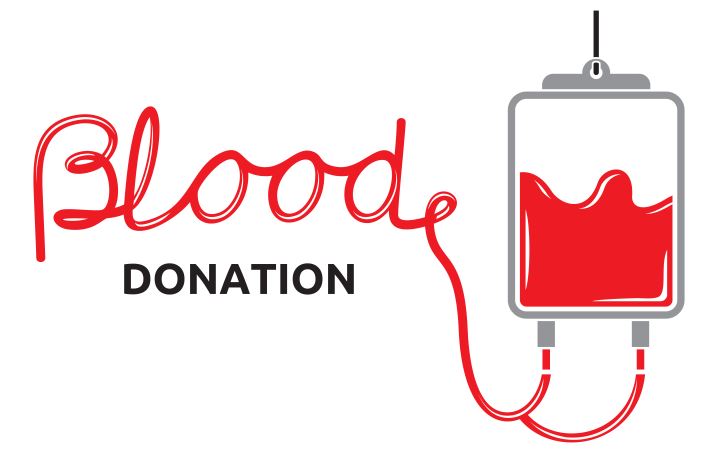Could your cat be a blood donor? 
Blood transfusions are commonly performed in our veterinary hospital. Both dogs and cats can become critically ill for a variety of reasons, either as a result of an internal disease process or a traumatic event. In many of these situations a blood transfusion can be a life-saving. In the UK there is a ‘Pet Blood Bank’ for dogs that is well supported by dog owners. Unfortunately, there is no ‘Blood Bank’ for cats. When blood transfusions are required in cats, we are often in the position of urgently seeking a local donor. These cases often arise quite quickly and without much warning – a patient can be stable one day and require a life saving transfusion the next. In order to provide prompt transfusions, when required, we are looking to establish a group of Feline Blood Donors who can be contacted in these times of need.
What makes a suitable feline blood donor?
A suitable donor should be 1-8 years old and fully vaccinated. Cats must be healthy and over 4kg in weight. Potential donors will be health screened (heart scan, general health and infectious disease blood test). If any abnormalities are identified on the health screen a cat would not be used as a donor. In addition, cats must have been resident in the UK only (so no foreign holidays!).
What does blood donation entail?
Cats may safely donate blood once every two months. In reality, if we have a full blood donor list, it is unlikely we would need to call on an individual cat more than 2-3 times a year (sometimes it may be considerably less frequent than this). Prior to each donation cats will receive a full examination and blood test to ensure that their blood count is suitable for donation. The donation process takes about 10-15 minutes and the donor needs to remain perfectly still during this time so donor cats will be sedated. Rather than a cup of tea and a sweet biscuit, cats will receive a drip of fluids for 1-2 hours and a meal before going home. Donations are most likely be taken during the day, but may less commonly be at the weekend or overnight.
Are there any risks involved?
The risks associated with a healthy cat donating blood are low. The risks associated with an unhealthy cat donating blood are higher. This is why we thoroughly screen donors on an annual basis to ensure they are fully healthy and there are no previously undetected problems that would mean they shouldn’t be used. Any cats with abnormal findings on health screening would not be used as donors and these findings would be discussed with their owners.
What does my cat get in return?
Assuming, within reason, you are contactable and your cat is available for donation at times of need, your cat would get the benefit of the free annual health screening required to ensure their suitability as a donor, in addition to free annual vaccination.
Interested?
If your cat fulfills these criteria and you are interested in either having more information or registering them as a blood donor, please





